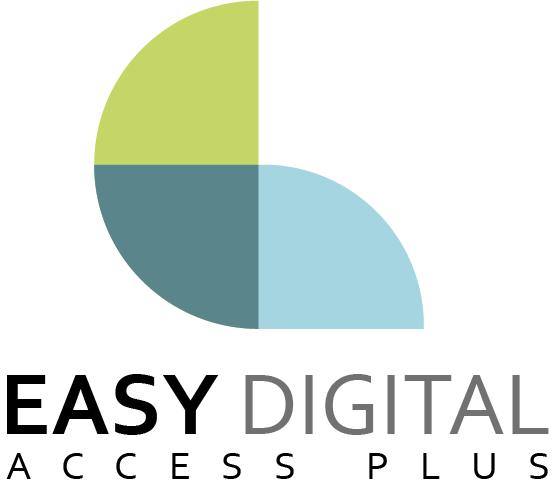Training Itinerary
This document outlines essential aspects of the training program for Easy Inclusive Access to Education in the Digital Environment, including:
- Competencies: Skills participants will develop.
- Content: Topics covered in the training.
- Timing: Recommended duration for each section.
- Learning Outcomes: Measurable achievements participants can expect.
Target Audience:
- Long-term unemployed individuals with limited digital skills
- Adults struggling with digital literacy
- Seniors
- Early school leavers (young undergraduates)
- Immigrants and/or ethnic minorities
The itinerary provides a framework for teachers to design individual courses. Instructors have the freedom to adapt the program to specific student needs and local contexts.
Training-itinerary-in-digital-EDAv2-6Training Content
The training content for Easy Inclusive Access to Education in the Digital Environment was developed in line with the training itinerary.
It contains:
- General Modules: These modules cover core digital literacy skills applicable to all partner countries.
- Regional/National Modules: These modules provide information specific to each participating region/country (e.g., e-government communication, digital signatures).
By following the EDA+ Training Program, teachers can effectively equip learners with valuable digital skills, fostering improved access to education and a more inclusive digital environment.
It is available in English and translated in all partner languages.
Good practices
The Good Practices section showcases successful implementation strategies and innovative approaches adopted by participating institutions.
Discover inspiring examples of how teachers and learners can effectively utilize the EDA+ Training Program to achieve remarkable outcomes. From innovative teaching methods to personalized learning experiences, this section highlights the best practices that may contribute to the program’s success. The conclusions of the reports included in this section focus to explore the challenges faced by disadvantaged groups in accessing digital skills training, identify successful approaches, and propose recommendations for effective interventions.

